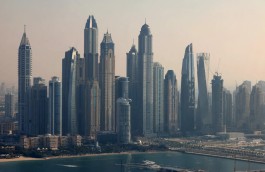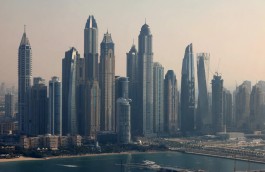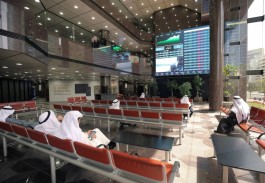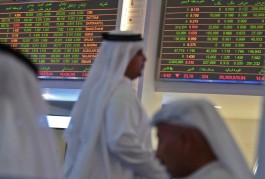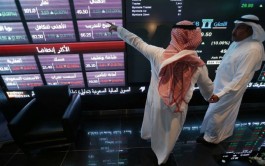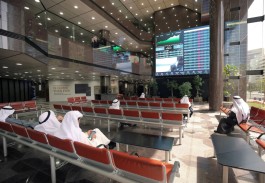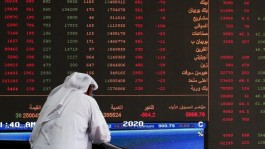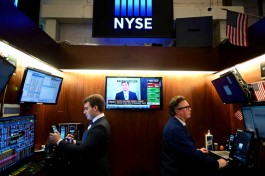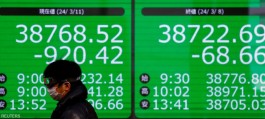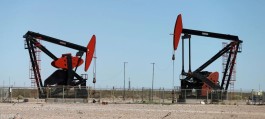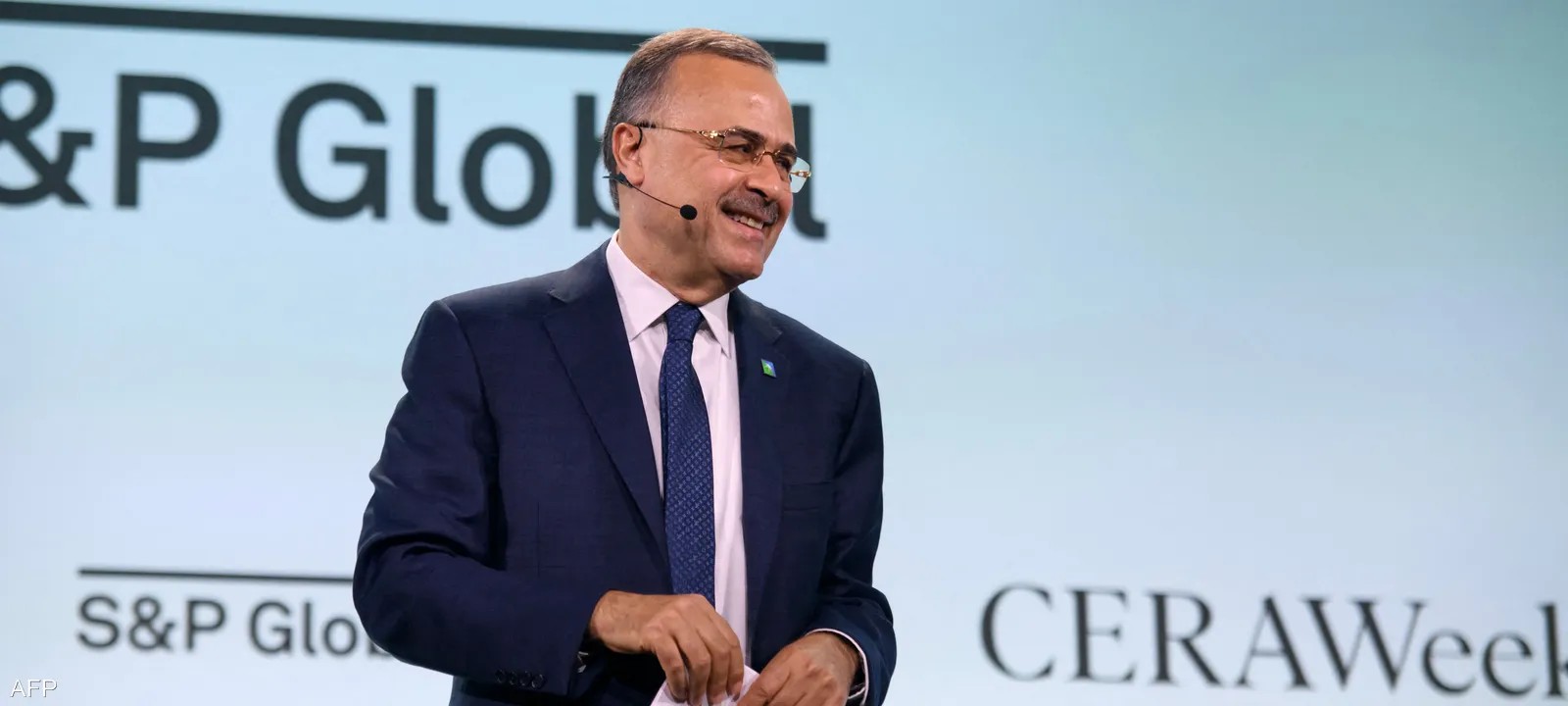Saudi Aramco CEO Amin Nasser confirmed that the peak of global oil demand will not be imminent.
He added that this is why policymakers must ensure sufficient investment in oil and gas to meet consumer demand, and they must abandon the fantasy of phasing out fossil fuels.
Speaking to his oil and gas peers at the CERAWeek energy conference in Houston, Nasser called for a recalibration of plans to rapidly replace fossil fuels with renewable energy sources.
Nasser said that oil demand will reach a new record level of 104 million barrels per day in 2024. He added that despite the growth in investments in alternative energy, it has not yet been widely used to replace hydrocarbons.
All of this reinforces the view that peak demand for oil and gas is unlikely to occur soon, not even by 2030, the target date for limiting global warming, he said.
“We must abandon the fantasy of phasing out oil and gas, and invest in them as much as is necessary and as long as is necessary, reflecting realistic demand assumptions,” he added in remarks that were well received by the audience.
He expected that the increase in demand from developing economies could fuel the growth in demand for oil until 2045.
These long-term demand growth forecasts are in line with those of OPEC and at odds with the International Energy Agency’s forecast of peak demand in 2030.
In an interview with Reuters, US Energy Secretary Jennifer Granholm commented on Nasser's comments regarding the phase-out, saying, Well, that's his point of view.
She added that there are other studies that indicate the opposite, which is that the demand for oil, gas and fossil fuels will peak by 2030.
There is a large gap between OPEC and the agency in terms of short- and long-term demand forecasts, partly due to the two organizations’ differing views on the energy transition.
Reducing greenhouse gas emissions from fuels through other carbon capture technologies achieves better results than alternative energy sources, Nasser said.
He added that new energy sources and technologies should only be introduced when they are truly ready and economically competitive.
He pointed out that the disruption of shipping traffic in the Red Sea due to attacks by the Yemeni Houthi movement has exacerbated the difficulty of the situation in shipping markets.
The Houthi group has been attacking ships in the Red Sea and the Gulf of Aden since November, in what it says is a campaign of solidarity with Hamas during Israel's war in Gaza.
Nasser said oil takes two to three weeks longer to reach its destination because ships are being rerouted to avoid the area.
He added that the shipping problems had little impact on Saudi Aramco, partly due to the East-West pipeline that allows the company to load ships north of the area attacked by the Houthis.
He said Europe had become a bigger market for Aramco because of shipping problems in the Red Sea.
Nasser stressed that Aramco has spare capacity of three million barrels per day to deal with any unexpected disruptions in global supplies.

